Enhancing Productivity in Agriculture Agriculture has been the backbone of human civilization since time immemorial. However, the efficiency and productivity of farming have significantly evolved over the centuries, thanks to the invention of various tools and equipment. One such crucial tool that revolutionized farming practices is the plough. A plough, also spelled as a plow, is a farming tool used for loosening or turning the soil, preparing it for sowing seeds or planting crops. This tool essentially helps break up the compacted soil, improving its fertility and structure while burying weeds, stones, and other materials that hinder crop growth. Although the basic design of a plough has remained relatively unchanged for centuries, modern technologies and advancements have enhanced its performance and efficiency. Traditional ploughs were mainly made of wood, with a metal blade attached to it. However, modern ploughs are primarily made of steel, ensuring durability and longevity.
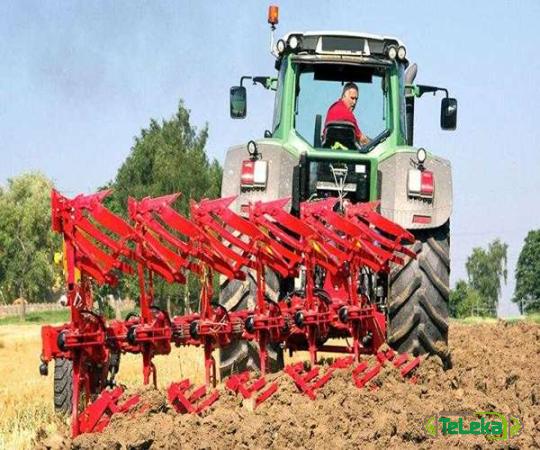
.
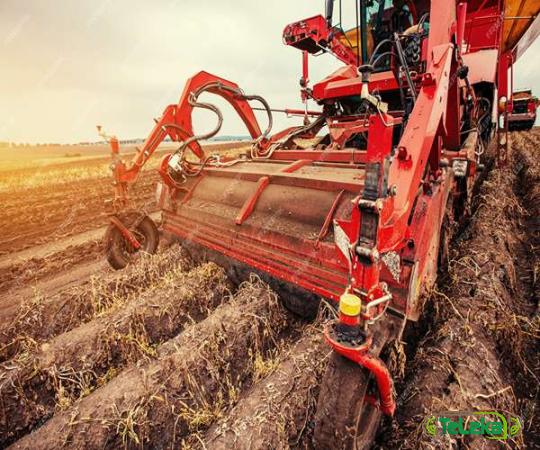 There are various types of ploughs available in the market, each designed for specific farming requirements. Moldboard ploughs, disk ploughs, chisel ploughs, and rotary ploughs are some of the commonly used types. Each of these ploughs has its unique features and benefits, allowing farmers to choose the one that suits their soil type, farming methods, and climate conditions. Benefits of Using a Plough: 1. Soil Aeration and Drainage: Ploughing helps break up the soil, allowing better air circulation and water penetration. This leads to improved root development, nutrient absorption, and eventually, higher crop yield. 2. Weed Control: By burying the weeds underneath the soil, a plough effectively controls weed growth. This reduces the competition for nutrients, sunlight, and water, thereby benefiting the crops. 3. Soil Fertility Enhancement: Ploughing incorporates organic matter, such as crop residues and manure, into the soil. This enriches the soil with essential nutrients, contributing to its long-term fertility.
There are various types of ploughs available in the market, each designed for specific farming requirements. Moldboard ploughs, disk ploughs, chisel ploughs, and rotary ploughs are some of the commonly used types. Each of these ploughs has its unique features and benefits, allowing farmers to choose the one that suits their soil type, farming methods, and climate conditions. Benefits of Using a Plough: 1. Soil Aeration and Drainage: Ploughing helps break up the soil, allowing better air circulation and water penetration. This leads to improved root development, nutrient absorption, and eventually, higher crop yield. 2. Weed Control: By burying the weeds underneath the soil, a plough effectively controls weed growth. This reduces the competition for nutrients, sunlight, and water, thereby benefiting the crops. 3. Soil Fertility Enhancement: Ploughing incorporates organic matter, such as crop residues and manure, into the soil. This enriches the soil with essential nutrients, contributing to its long-term fertility.
..
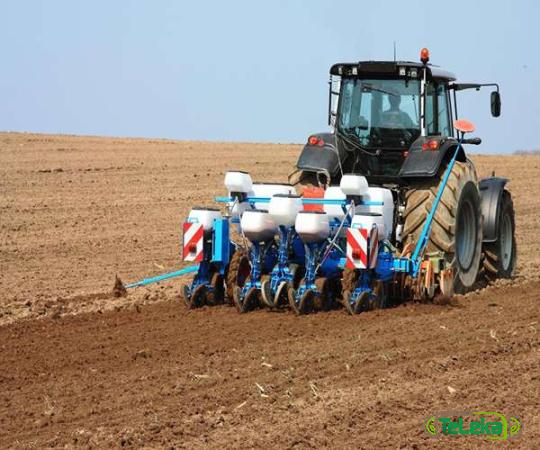 4. Pest and Disease Control: Certain pests and diseases reside in the upper layers of the soil during the off-season. Ploughing disrupts their habitats, reducing the risk of infestation and disease transmission. 5. Preparation for Planting: Ploughing creates a favorable seedbed by breaking up the soil, removing obstacles, and improving the moisture content. This ensures higher seed germination rates and promotes healthy plant growth. 6. Erosion Control: Ploughing helps prevent soil erosion by creating furrows and ridges that slow down the flow of water. This prevents the topsoil from being washed away, preserving valuable nutrients. The Importance of Proper Plough Usage: While ploughing is undeniably beneficial for agriculture, it is crucial to use the tool correctly to achieve optimal results. Farmers need to consider factors such as the depth of ploughing, timing, and frequency of ploughing, depending on the crop type, climate, and soil condition.
4. Pest and Disease Control: Certain pests and diseases reside in the upper layers of the soil during the off-season. Ploughing disrupts their habitats, reducing the risk of infestation and disease transmission. 5. Preparation for Planting: Ploughing creates a favorable seedbed by breaking up the soil, removing obstacles, and improving the moisture content. This ensures higher seed germination rates and promotes healthy plant growth. 6. Erosion Control: Ploughing helps prevent soil erosion by creating furrows and ridges that slow down the flow of water. This prevents the topsoil from being washed away, preserving valuable nutrients. The Importance of Proper Plough Usage: While ploughing is undeniably beneficial for agriculture, it is crucial to use the tool correctly to achieve optimal results. Farmers need to consider factors such as the depth of ploughing, timing, and frequency of ploughing, depending on the crop type, climate, and soil condition.
…
 Over-ploughing can lead to soil degradation, compaction, and loss of organic matter, while under-ploughing may result in inadequate soil preparation. Farmers should also prioritize proper maintenance of their ploughs. Cleaning the tool after use, lubricating the moving parts, and sharpening the blade regularly are essential maintenance practices. This ensures the longevity and efficient performance of the plough, saving farmers from unnecessary expenses and downtime. In conclusion, the plough remains an indispensable tool in modern agriculture. Its ability to enhance soil fertility, control weeds and pests, and create a conducive seedbed for planting makes it a vital asset for farmers worldwide. With advancements in technology continuing to improve plough design and performance, it is safe to say that the plough will continue to play a significant role in increasing agricultural productivity for years to come.
Over-ploughing can lead to soil degradation, compaction, and loss of organic matter, while under-ploughing may result in inadequate soil preparation. Farmers should also prioritize proper maintenance of their ploughs. Cleaning the tool after use, lubricating the moving parts, and sharpening the blade regularly are essential maintenance practices. This ensures the longevity and efficient performance of the plough, saving farmers from unnecessary expenses and downtime. In conclusion, the plough remains an indispensable tool in modern agriculture. Its ability to enhance soil fertility, control weeds and pests, and create a conducive seedbed for planting makes it a vital asset for farmers worldwide. With advancements in technology continuing to improve plough design and performance, it is safe to say that the plough will continue to play a significant role in increasing agricultural productivity for years to come.
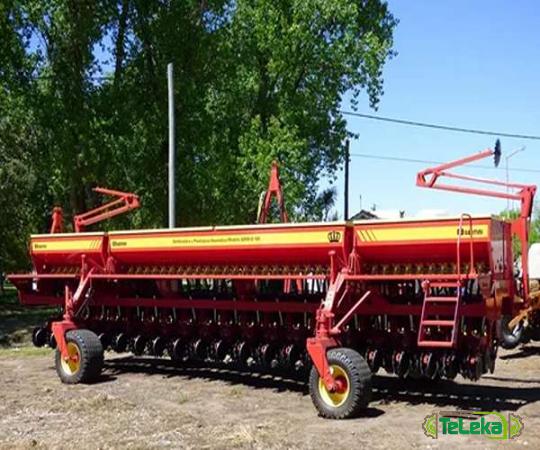
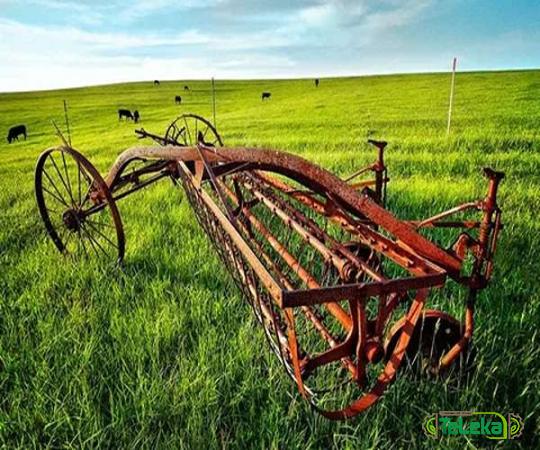
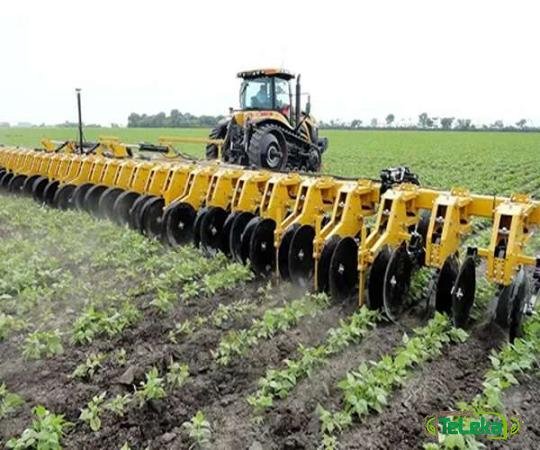
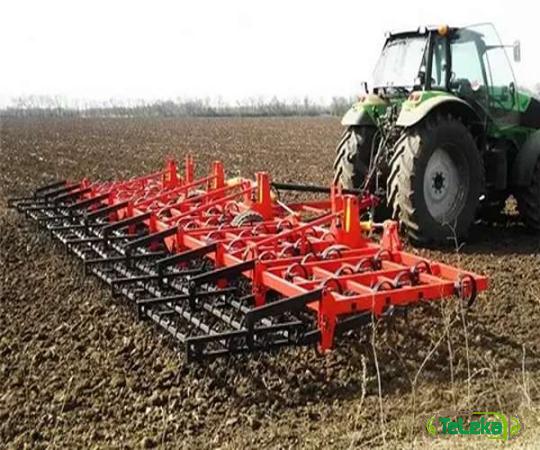





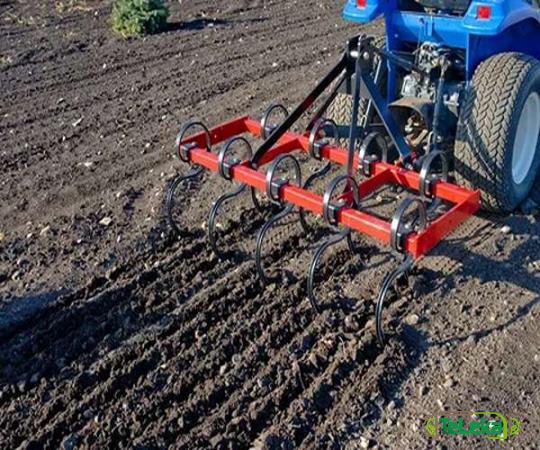
Your comment submitted.